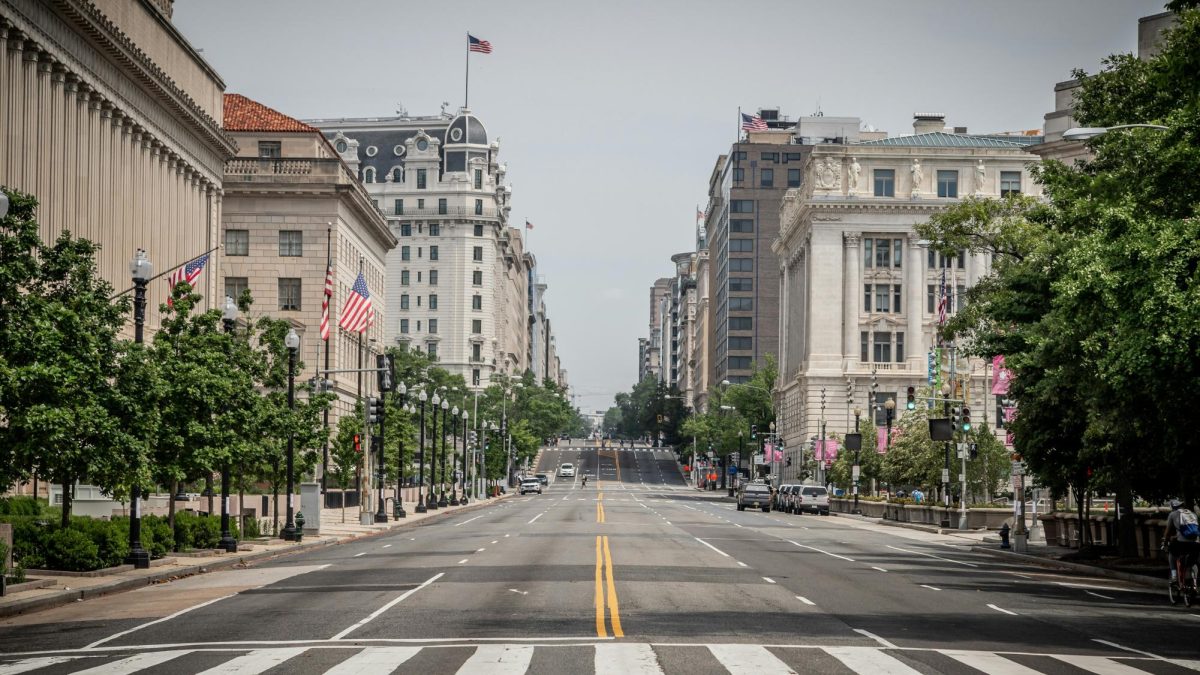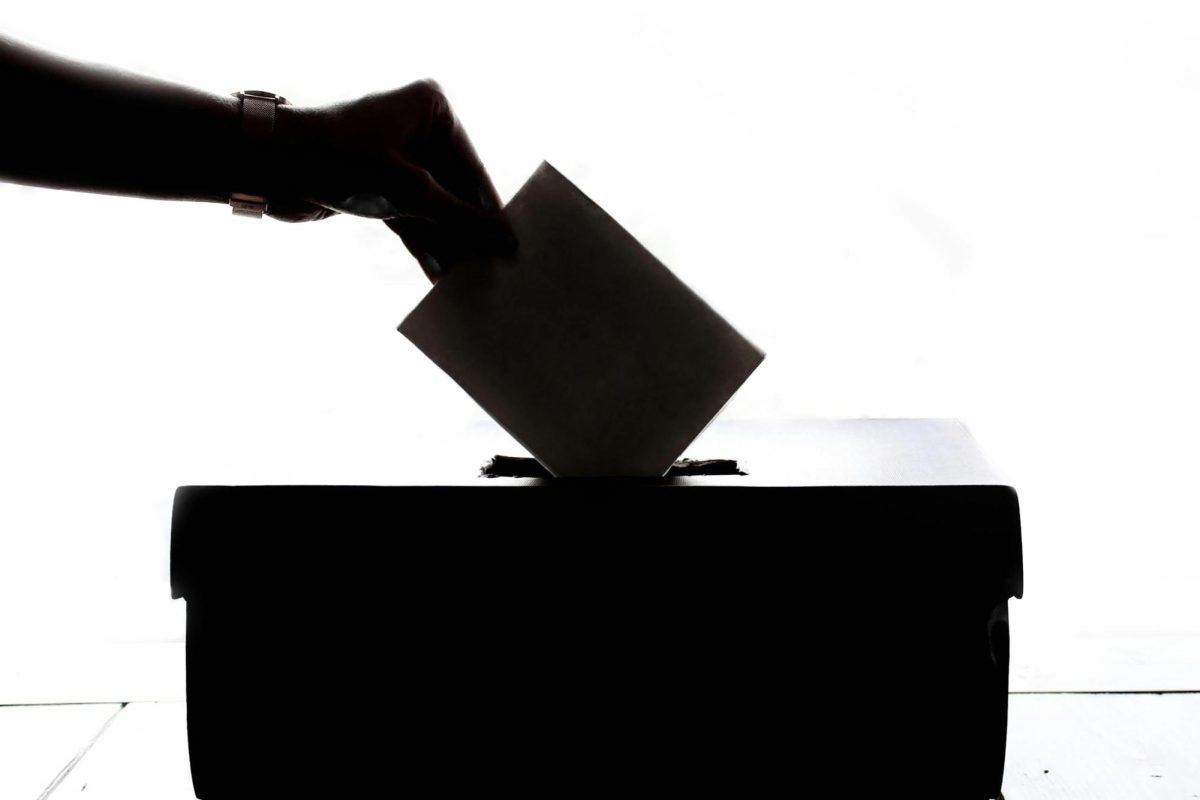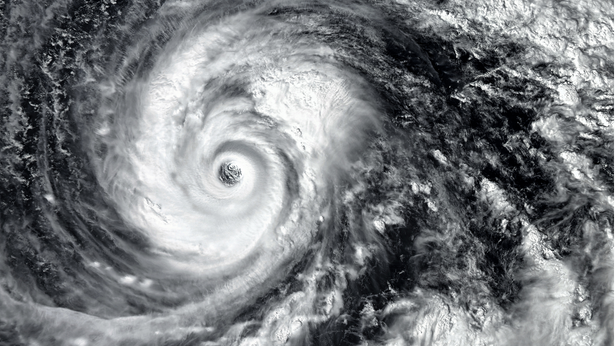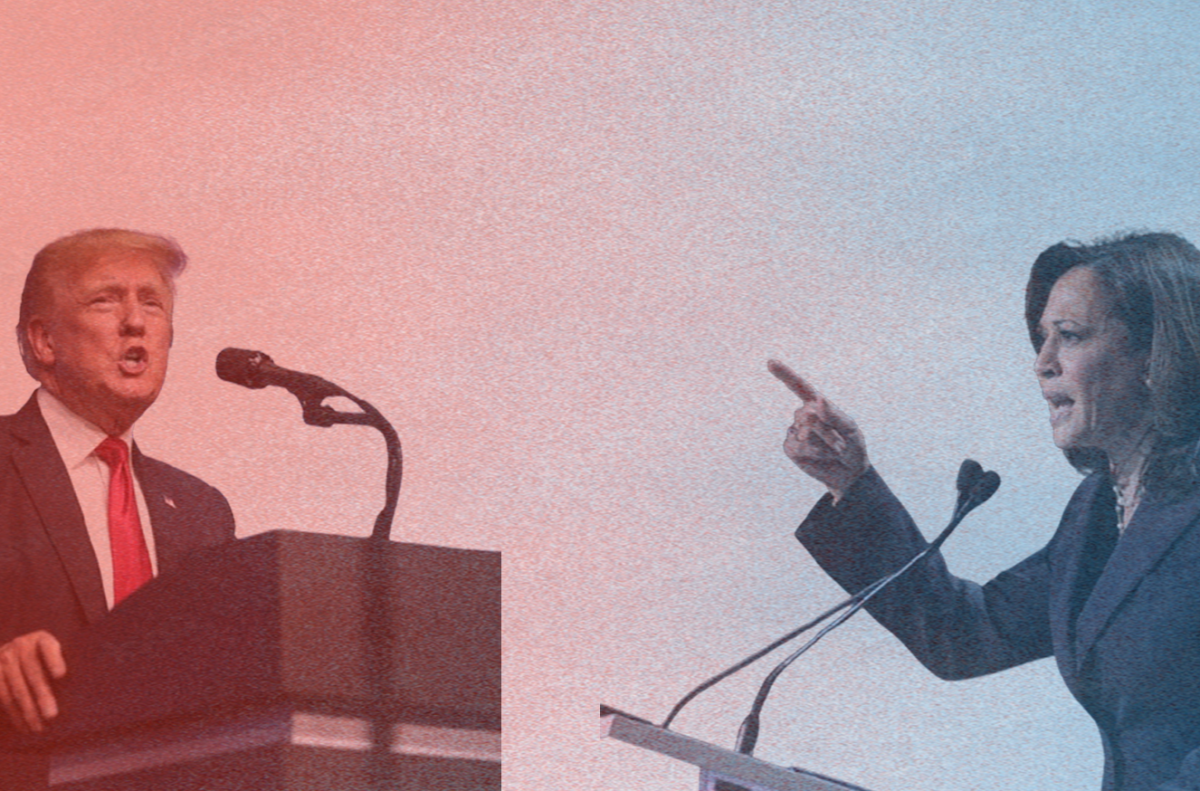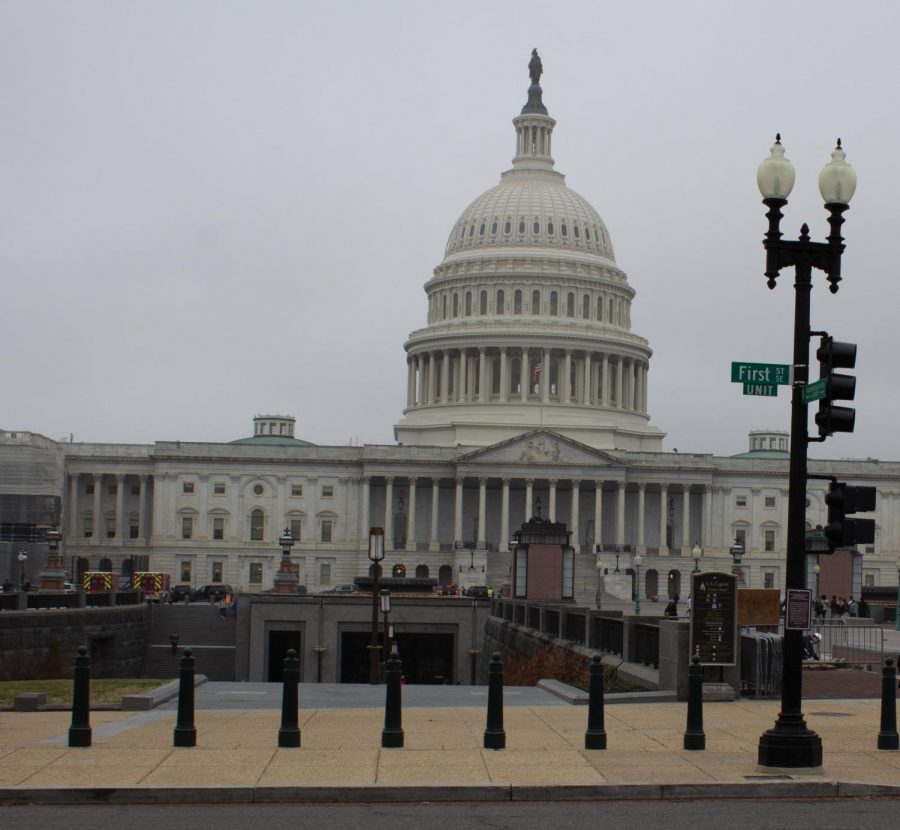Trump sparks national security debate over controversial call for ban on Muslim immigration
On December 8, Donald Trump called in a statement for a ban on the immigration of Muslims into the United States.
Citing a need to protect the nation from acts of terror, such as those which occurred last week in San Bernandino, Trump called for “a total and complete shutdown of Muslims entering the United States until our country’s representatives can figure out what is going on.”
Trump believes that to support the security interests of the American people, it is best to prevent any Muslims from entering the country, lest any few extremists make their way into the borders. “Until we are able to determine and understand this problem and the dangerous threat it poses,” said Trump in defense of his proposal, “our country cannot be the victims of horrendous attacks by people that believe only in Jihad, and have no sense of reason or respect for human life.”
Deputy national security advisor Ben Rhodes, according to a CNN report, referred to the policy as “totally contrary to our values as Americans,” and further deplored Trump’s statement as an actual national threat. As Rhodes claims, terrorist group ISIS – in their quest to assert political vitality – is looking for reasons that the United States would recognize their sovereignty. In acts such as this most recently proposed by Trump, Rhodes argues, America would implicitly be giving their dangerous acceptance of ISIS (a looser acronym which the extremist group does not officially call itself by) as an official state.
“The fact of the matter is,” says Rhodes, “[that] ISIL wants to frame this as a war between the United States and Islam, and if we look like we’re applying religious tests to who comes into this country, we’re sending a message that essentially we’re embracing that frame [of mind.]”
Rhodes elaborates on the dangers of this effect by emphasizing how difficult it would make it to partner with Muslim communities – both within America and abroad – to fight “the scourge of radicalization that we should be focused on.”
Instead of being inhibitive to the national security threats posed by extremists, anti-Muslim policies such as those which Trump has proposed could actually pose a greater threat to the nation than they would prevent. As Rhodes states, it is critical for the USA to hamstring efforts at radicalization as best as it can, and in doing so stop the behavior which leads to the violence in the first place.
“[America] should make it harder for ISIL to portray this as a war between the United States and Islam,” said Rhodes. “Not easier.”



